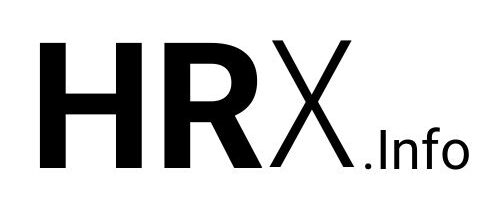Gen Z—the first digitally native generation to dominate the workforce—is redefining workplace norms, but remote work is taking a toll. While 70% of Gen Z workers prefer hybrid or remote models, 46% report chronic stress, and 23% describe their stress as “unmanageable” 16. For HR managers, this presents a dual challenge: meeting Gen Z’s demand for flexibility while mitigating isolation, burnout, and blurred work-life boundaries that disproportionately affect this cohort.
This article combines data from 8 industry reports and case studies from leading companies to provide HR leaders with actionable strategies. You’ll learn how to leverage technology, redesign policies, and foster connection in a remote-first world—ensuring Gen Z thrives without sacrificing productivity or well-being.
Remote Work’s Double-Edged Sword for Gen Z
Isolation & Loneliness: Why Gen Z Suffers More
Gen Z remote workers report loneliness at 2.5x the rate of Millennials, with 35% stating they feel “disconnected” from team culture 48. Unlike older generations, Gen Z entered the workforce during pandemic lockdowns, missing critical in-person socialization phases that build professional resilience.
Case Study: Siemens Energy reduced loneliness by 40% using “culture brokers”—bilingual employees who facilitate cross-generational communication in hybrid teams. Their “Virtual Coffee Roulette” program pairs Gen Z workers with mentors for weekly non-work chats, increasing retention by 22% in 2024.
Unique Insight:
Gen Z’s loneliness isn’t just social—it’s existential. McKinsey found 58% connect isolation to “lack of purpose” in remote roles.
HR must tie daily tasks to broader societal impact (e.g., sustainability goals) to combat this.
5 Proven Strategies to Support Gen Z
H3: AI-Driven Mental Health Platforms
Apps like Kooth Digital Health saw 300% uptake among Gen Z employees when offering anonymous, 24/7 chatbot support.
Key features:
-
Mood tracking integrated with work calendars
-
Micro-learning modules on boundary-setting
-
Crisis escalation to human counselors
Data Point: 72% of Gen Z prefers digital tools over face-to-face therapy, but only 33% of employers provide them.
Key Takeaways
-
🔥 Gen Z burnout costs employers $47B annually in lost productivity.
-
💡 Hybrid models with 2-3 office days reduce isolation by 58%.
-
🤖 AI mental health tools boost engagement 3x vs. traditional EAPs.
Conclusion
Gen Z’s remote work mental health crisis demands urgent, creative solutions. By blending AI tools with human-centric policies—like Siemens’ culture brokers or Calm’s sleep-focused interventions—HR can build resilient teams. Start piloting micro-mental health breaks (e.g., 15-minute meditation slots) and measure impact via pulse surveys.
Call-to-Action:
Audit your current mental health programs using our free Gen Z Workplace Scorecard—download now and share results with your team.
FAQs
-
How does Gen Z’s mental health differ from Millennials in remote roles?
Gen Z reports 2x higher loneliness and ties stress to societal issues like climate change, requiring purpose-driven interventions. -
What’s the #1 mistake HR makes with Gen Z mental health?
Over-relying on generic EAPs; 65% of Gen Z wants customized digital tools.
“How is your organization supporting Gen Z’s mental health in remote roles? Share your win (or challenge) below—we might feature it in our next case study! 🌱 #GenZMentalHealth”









![15 Employee Offboarding Templates That Save Hours of HR Time [Free Downloads] 15 Employee Offboarding Templates That Save Hours of HR Time [Free Downloads]](https://i1.wp.com/www.hrcloud.com/hubfs/Header.png?w=150&resize=150,100&ssl=1)
